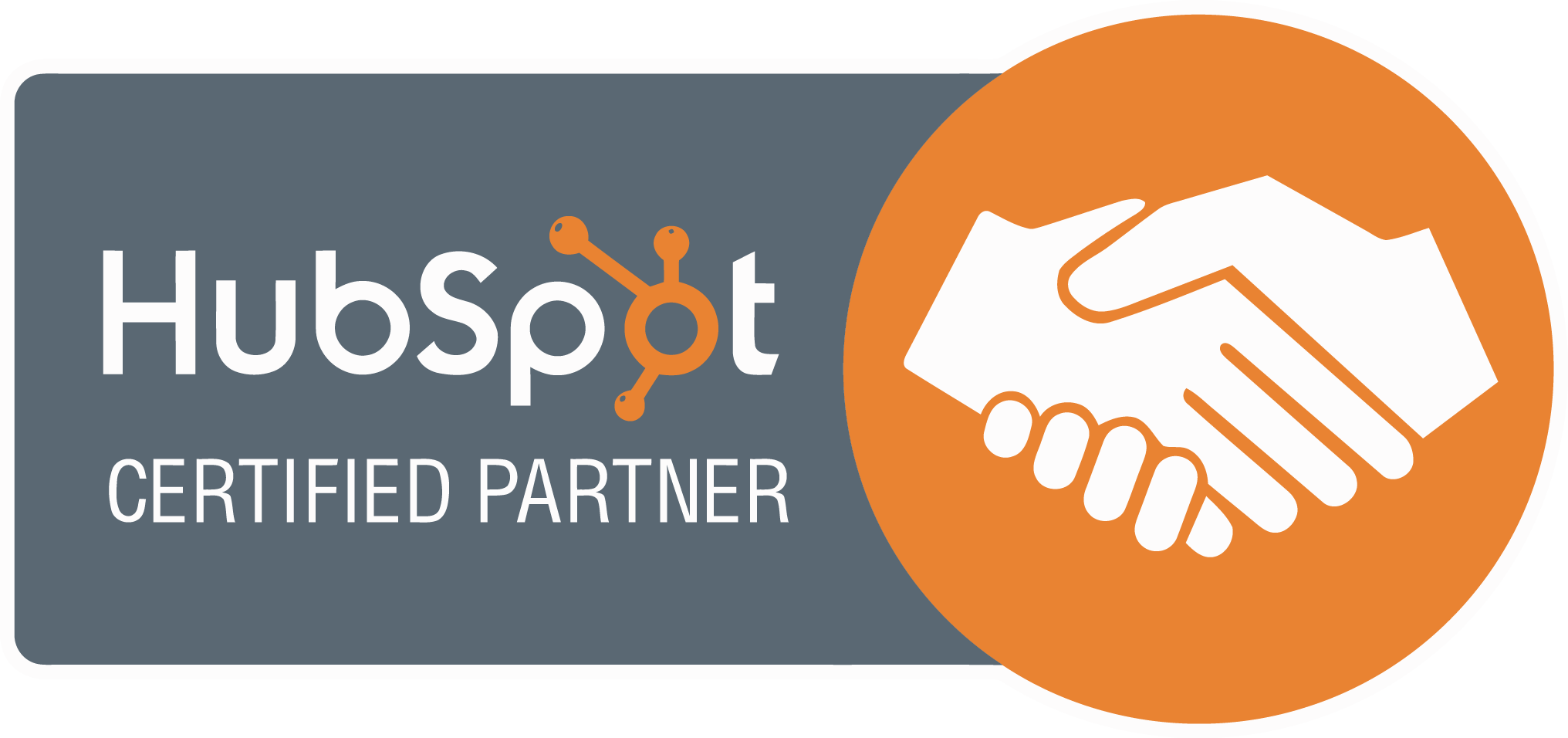The Domain Authority score is a metric developed by Moz that predicts how well a website will rank on search engine result pages (SERPs). Your site’s DA score is scored on a scale from 1 to 100, with higher scores indicating a better ability to rank.
A good Domain Authority (DA) score typically falls between 40 to 60. However, this number can vary depending on your industry and competition. For example, 30 to 50 can be a good score for some sectors. Anything under 30, however, will make it tough for your site to rank. Only the most trustworthy, well-established websites like Google or Wikipedia can boast that elusive perfect score of 100.
Here are 5 tips to boost your Domain Authority score:
1. Create High-Quality Content
Your content should always be informative, engaging, and relevant to your target audience. High-quality content attracts more backlinks, which in turn boosts your DA score further. Focus on creating content that answers questions or solves problems for your audience and update your existing content regularly to maintain its relevance. Carry out good research and keep your content engaging and interesting.
Another part of your website that should be high quality is the user experience. With a good user experience, you can avoid a high bounce rate, limited interest in link building and poor engagement, among other problems. High-quality content that loads quickly and is easy to navigate is vital to prevent these problems.
2. Build a Strong Backlink Profile
Link building is still as important as ever. Earning high-quality backlinks from reputable websites is crucial for improving your DA score. Backlinks from authoritative sites are one of the chief factors Moz pays attention to when they come up with your domain authority score. And, of course, now that you’ve created such valuable content, other sites will be all too happy to link to it!
Stick to ethical link-building strategies such as guest posting, influencer outreach, and broken link fixing. Always remember that quality is more important than quantity – avoid spammy or low-quality backlink sites, as these can end up putting a dent in your domain authority score.
3. Improve Your On-Page SEO
Every single web page on your site counts towards your site’s ultimate SEO score, from the home page to even the most ancient blog post. That’s why good on-page SEO on every page is just as important as any other aspect of your website.
First, optimise your website’s on-page SEO by properly using title tags, header tags, meta descriptions, and keywords. Ensure that your content is easy to read and well-structured, and use images and multimedia elements effectively. Additionally, optimise your URLs to be descriptive and include relevant keywords. Do this for both old and new pages. Finally, make sure your website is appropriately organised, with good structure. And, of course, ensure your website is full of good, interesting content!
4. Improve Your Internal Linking Structure
Good internal linking helps search engines understand the structure of your website and improves your site’s overall user experience. God internal linking basically prevents users and crawler bots alike from getting lost. Use descriptive anchor texts to link relevant pages within your website, and aim to create a logical content hierarchy. This will make it easier for search engines to navigate your site and understand its structure, boosting your DA score.
Look back at old pages and make sure their links still work. Above all, make sure your links seem natural. Don’t just insert loads of internal links merely for the sake of having links – this has the same effect as keyword stuffing.
5. Increase Your Site’s Loading Speed
Don’t you hate it when a site takes forever to load? A fast-loading website is essential for user experience. Your site’s loading speed has a big impact on your search engine rankings. Users will leave your site if they have to wait too long. This means you end up with a high bounce rate.
Optimise your website’s loading speed by compressing images, minifying your CSS code and JavaScript files, and using a content delivery network (CDN). In addition, consider using a caching plugin to improve your site’s performance further.
Just like with all other aspects of SEO, there is no easy shortcut to improving your domain authority score. Improving your Domain Authority score takes time and effort. However, consistently implement these strategies, and your DA score will skyrocket over time.
Also, remember that Domain Authority is just one aspect of what goes into your search engine rankings. So don’t get too caught up in working on your DA score endlessly. Making high-quality content that your users love, working on your user experience and building relationships with other websites is what is the most important for any website.








